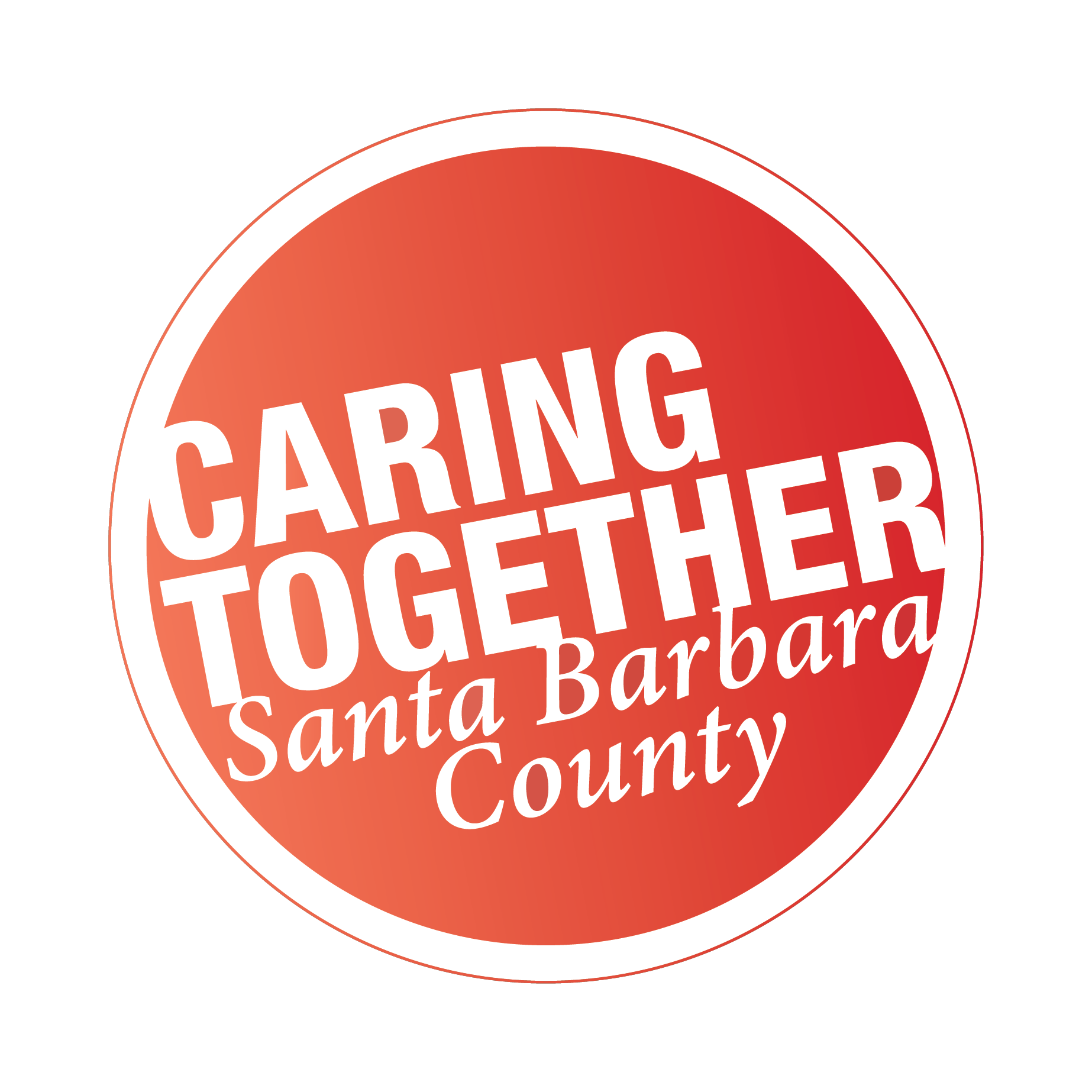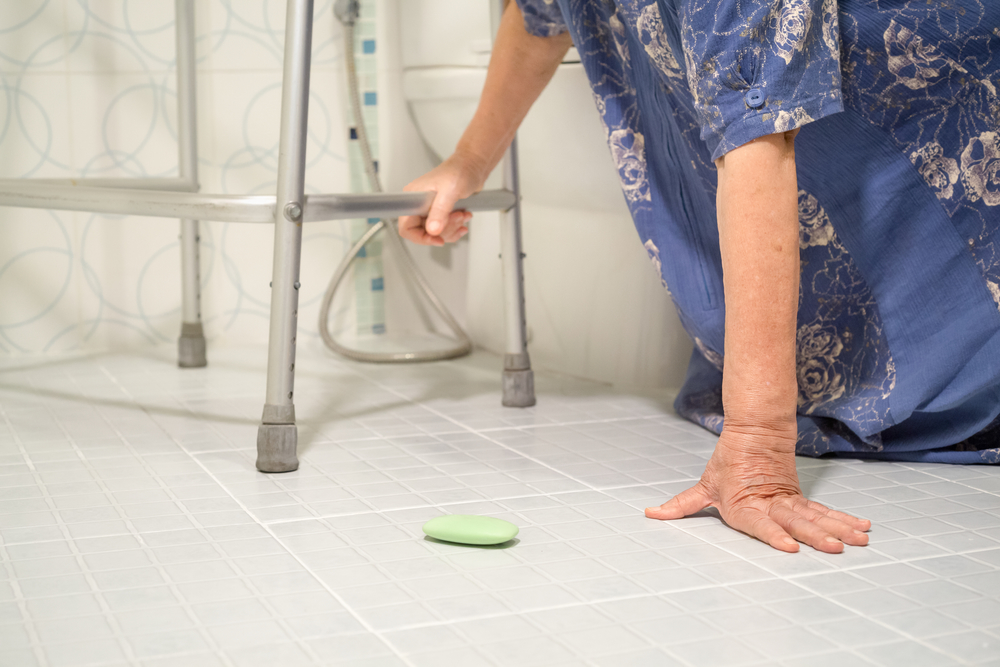As we age, maintaining our independence and mobility becomes increasingly important. However, one of the most significant risks to that independence is the possibility of falling.
Falls are the leading cause of fatal and nonfatal injuries for people 65 and over. Every 11 seconds, an older adult is treated in the emergency room for a fall, and every 19 minutes, an older adult dies from a fall. Additionally, an increasing number of older adults fear falling and, as a result, reduce their activities and social interactions. Any reduction in activity can lead to physical decline, depression, social isolation, and feelings of helplessness.
These are staggering statistics, and if you are helping to care for an elderly friend or family member, this is particularly important to you and your loved ones. The good news is that falls are preventable! As caregivers, we can take steps to reduce the risk of falls for our loved ones. Here are six steps to help older adults stay safe and steady on their feet.
Step One: Address Any Health Issues
A good place to start is assessing current health conditions. Is there concern regarding falling, dizziness, or balance? Are there health issues contributing to forgetfulness around taking medications? Do side effects of any medications contribute to the risk of falling?
If you have concerns about your balance or stability, consider using an assistive device. Devices such as canes, walkers, or grabbers can provide additional support and help you move around more confidently. Consult with a healthcare provider to determine the appropriate device for your needs.
Make sure to discuss medication usage with your doctor and pharmacist to determine if dizziness could be a side effect. You can take advantage of Medicare’s Annual Wellness Visit as a preventive measure.
Step Two: Exercise Regularly
Staying physically active is one of the most effective ways to prevent falls. Exercises that improve balance, strength, and flexibility are particularly beneficial. Here are some good options:
- Tai Chi: A gentle form of exercise that enhances balance and coordination.
- Walking: Regular walking strengthens muscles and improves overall fitness.
- Strength Training: Light weightlifting or resistance exercises can build muscle strength, which supports stability.
It’s important to consult with your doctor before starting any new exercise routine to ensure it’s safe and appropriate for your fitness level.
Step Three: Check Vision and Hearing
Our senses play a crucial role in maintaining balance and avoiding obstacles. Regular eye and ear examinations can help detect issues that may increase fall risk.
- Have your vision checked annually and update your eyeglasses as needed.
- Ensure good lighting throughout your home to reduce the risk of tripping over unseen objects.
- Address hearing issues, as they can affect your balance and make it difficult to hear hazards around you.
Step Four: Conduct a Household Safety Check
Your home should be a safe environment where you can move around confidently. Simple modifications can significantly reduce the risk of falls:
- Remove tripping hazards: Keep floors free of clutter, secure loose rugs with double-sided tape, and ensure cords are out of walking paths.
- Install grab bars: Place them in the bathroom near the toilet and in the shower or tub.
- Use non-slip mats: These are essential in the bathroom and kitchen.
- Ensure proper lighting: Use night lights in bedrooms, bathrooms, and hallways. Consider installing motion-sensor lights in frequently used areas.
- Rearrange frequently used items: Keep commonly used items within easy reach to avoid the need for stepping stools or bending down.
Use a Home Safety Checklist to note potential safety hazards and modifications you should make in your home to help reduce your fall risk.
You can also hire a professional home safety consultant like UHome Consulting which specializes in home modifications and accessibility. Founded by an Occupational Therapist, who saw too many hospital and rehab patients forced out of their homes due to unsafe or inaccessible environments. UHome Consulting offers personalized assessments and modifications to make homes safer and more accessible, helping older adults and individuals with disabilities maintain their independence.
Step Five: Wear Proper Footwear
Shoes that fit well and have non-slip soles are vital for preventing falls. Avoid wearing slippers or walking around in socks, as they can be slippery on certain surfaces.
- Choose supportive shoes with a sturdy, non-slip sole.
- Avoid high heels or shoes with slick bottoms.
- Consider adaptive footwear designed for seniors, offering better support and grip.
Step Six: Be Proactive
- Take the Falls Free Check-Up: In observance of National Falls Prevention Awareness Week (Sept. 23-27), take the National Council on Aging’s Falls Free Check-Up to get a personalized overview of your fall risk and find ways to reduce it. Falls are not a normal part of aging and can be prevented!
- Enroll in a Balance or Fall Prevention Course:
- Dignity Health offers A Matter of Balance classes at the Mussell Senior Center located at 510 E Park Ave, Santa Maria, CA 93454. Classes are free, but registration is required. Call 805-614-5658 for more information or to register.
- Cottage Health also offers A Matter of Balance classes for two hours once a week. These classes focus on changing how you think about falls and reducing your fear of them. Visit their website or call (805) 569-7451 for more information.
Other Helpful Resources:
- Ageless Fitness: Located at 29 W. Micheltorena St., Santa Barbara, CA 93101 (www.agelessfit.us), Ageless Fitness is offering free balance assessments throughout the fall and will host fall prevention classes at the Goleta Valley Community Center starting in October.
- Senior Helpers: Senior Helpers provides home care services for individuals at risk of falling. A caregiver may be provided and covered by MediCal services.
- NurseCore: NurseCore offers home care services across Santa Barbara County and collaborates with Tri-Counties disability benefits.
- IHSS (In-Home Supportive Services): IHSS provides in-home assistance for low-income seniors and individuals with disabilities who need help with daily living activities. Services may include personal care, household chores, and more, allowing seniors to remain safely in their homes.
Preventing falls is key to maintaining independence and quality of life as we age. By staying active, managing your health, and making simple modifications to your environment, you can significantly reduce your risk of falling. It’s never too late to take steps to improve your safety and well-being. Stay vigilant, take care of yourself, and enjoy life with confidence!


